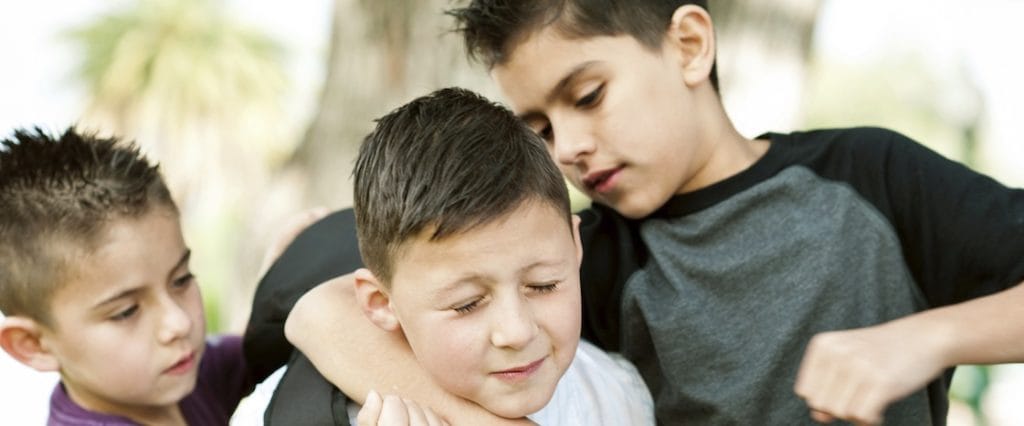Those who were bullied by their siblings during adolescence are twice as likely to report being depressed and twice as likely to report self-harming, according to new research from the United Kingdom. Lead author Dr. Lucy Bowes notes that sibling bullying has remained “a largely hidden form of bullying,” even as the topic of bullying has become a high-profile concern in schools and workplaces. Behavior that would be considered unacceptable between unrelated children in a school environment is often dismissed as sibling rivalry when it occurs at home. Some people even consider conflict between siblings to be healthy because it gives children practice resolving arguments and fights. This idea that sibling conflict is natural and maybe even beneficial means that bullying between siblings can often escalate much further than it could between other children or adolescents. However, studies in the last few years have been shedding more light on sibling bullying and suggest that this phenomenon can advance to the point where it is no longer remotely natural or healthy.
More ‘Distress Symptoms’ in Bullied Siblings
In 2013, a study from the University of New Hampshire published in the journal Pediatrics looked at symptoms of mental illness among siblings who had experienced bullying. They found that a sibling had victimized 32 percent of the 3,599 children surveyed in the past year. Those who had suffered sibling bullying reported many more symptoms of mental distress, such as anxiety, depression and anger. Both mild and severe sibling aggression was associated with more reports of these types of symptoms.
Young Adult Depression Connected to Sibling Bullying
The new study from the U.K. is a longitudinal study, in which 3,452 children were surveyed at age 12 about sibling bullying and then evaluated six years later for mental health concerns. Of the then 12-year-old respondents, 786 reported being bullied by a sibling several times a week. When the researchers followed up with these respondents at age 18, 12.3 percent of them had symptoms consistent with clinical depression and 16 percent had anxiety. In addition, 14 percent reported self-harming in the past year. Among the 1,810 children who did not report sibling bullying, these mental health problems appeared much less frequently. Of those who were not bullied by a brother or sister, 6.4 percent reported symptoms of depression, 9.3 percent had symptoms of anxiety and 7.6 had self-harmed in the past year. When the researchers adjusted their data for individual and family characteristics, they found that the higher rate of anxiety seen among sibling bully victims was not statistically significant. However, the higher rates of depression and self-harm were determined to be significant. Those who reported sibling bullying were more likely to be girls, and older brothers were the most likely to be identified as bullies. However, boys who reported bullying from a brother or sister were just as likely to have symptoms of these mental health problems. The average age at which children reported having experienced sibling bullying for the first time was 8. Corinna Jenkins Tucker, lead author of the 2013 University of New Hampshire study, says that a certain amount of sibling conflict can indeed be healthy, and “teach children constructive ways of fighting and negotiating.” However, parents should be prepared to intervene when siblings are actually mistreating each other, and be aware when one child is always the verbal or physical aggressor.

